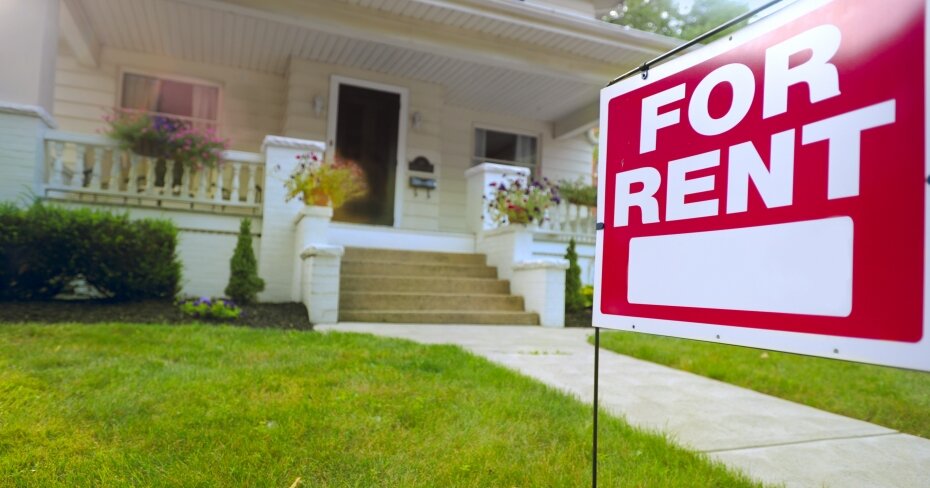5 things to know before renting out your home

Becoming a landlord is a big responsibility. But with today's interest rate environment, renting out part of your home can be well worth the time and maintenance.
A rental property can be a lucrative investment opportunity. With interest rates on the rise, your mortgage payments may be increasing. To help alleviate some of that added financial pressure, renting out part of or all of your home might make sense.
However, becoming a landlord is a big responsibility. To ensure your property is maintained and your rent arrives on time each month, here are five things to consider before making the leap.
1. Consider hiring a property management company
From advertising for new tenants to ensuring they qualify, these companies can help if you’re busy and/or not near your rental, as well as help with the upkeep and maintenance of your property. Depending on where you live and your type of property, rates will vary. Ensure you understand what services are included, too. Is it a fixed rate or do they charge extra for services that go beyond their scope?
2. Familiarize yourself with your provincial Residential Tenancies Act
Download, read and understand the nuances of this important document, which includes rules about giving notice, increasing rent, and so on. Understand your rights, as well as your tenants’ rights. Likewise, if you have specific terms you would like your tenants to agree to — for example, you expect them to mow the lawn — outline and detail this in the lease.
3. Hire a house inspector
This is a way to establish what in the rental unit is already damaged before the tenants move in. In some provinces, including British Columbia, a signed inspection is legally required before tenants can move in.
The Canadian Mortgage and Housing Corporation also recommends that the tenant and the landlord are present for the inspection. Determine what is normal wear and tear and what constitutes damage to your property and when the tenant moves out, conduct your own inspection for damages. If you find any that weren’t there during the initial inspection, that can be grounds to keep the damage deposit.
4. Obtain a landlord insurance policy
The process to purchase landlord insurance is often different than purchasing your standard home insurance policy. “Ensure that you have a discussion with your insurance professional to make sure that you have coverage for the building, tenant liability, as well as any appliances you have in the home that the tenants are using,” says Anne Marie Thomas, director of consumer and industry relations for the Insurance Bureau of Canada.
She also advises that the tenant should obtain their own tenant/renters insurance policy since your policy may not include coverage for damage caused by a tenant. “It’s not a legal requirement by provincial law,” says Thomas, for renters to get their own insurance. “However, you can include in the lease that the tenant must have renters/tenant insurance."
If your tenants are on a lease, include the term NAMED INSURED, which means that both the landlord and the tenant understand major liabilities; for example, if the house burns down during tenancy, the tenant’s insurance policy is responsible.
5. Trust your gut
A home is possibly the biggest investment of your lifetime, which is why you should ensure you feel secure about someone living in your home and their ability to take care of it. Consider becoming a member of a provincial landlord association that includes a chat forum and links to resources that can help you if you need answers.
Renting your home in the current economic climate might be a smart financial decision. Do your homework, however, to ensure it’s a smooth and rewarding experience — for both you and your tenant(s).
Interested in creating content with LowestRates.ca? Reach us at [email protected].
Save 32% on average on home insurance
Compare 50+ quotes from Canadian providers in 3 minutes.
About the author

Inspiring travel writers at Western University, Melanie also cycles the globe looking for her own adventures to write about. Cycling across Japan and completing a nine-day mountain bike stage race in South Africa are a few stories she's written for Canadian Cycling Magazine. Read her work at www.melaniechambers.ca, and check out her podcast at www.outtherepodcast.com.


